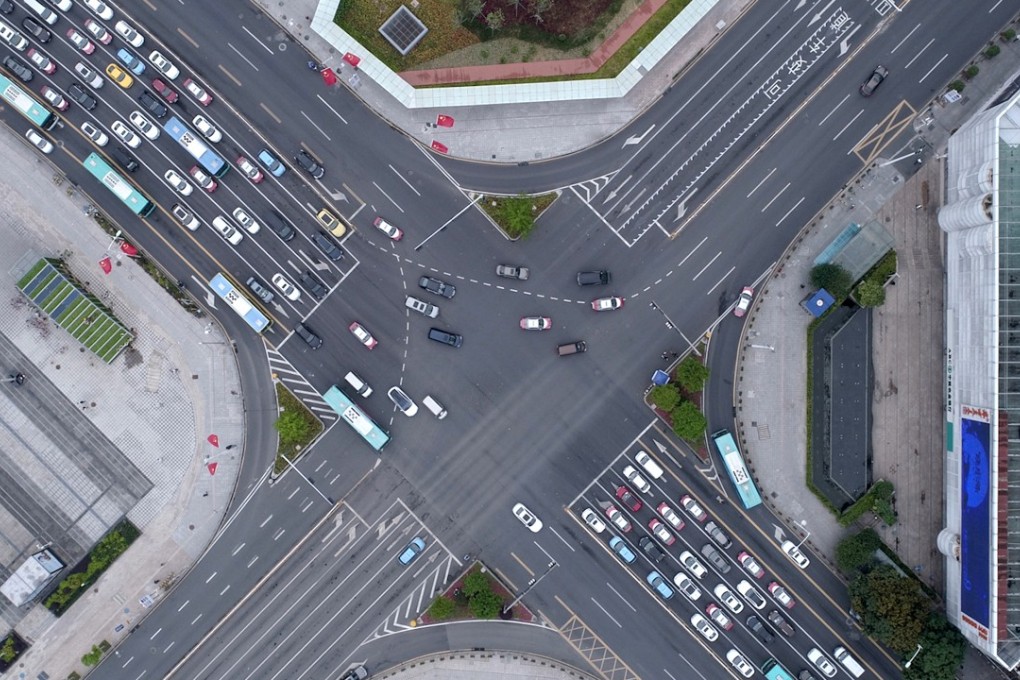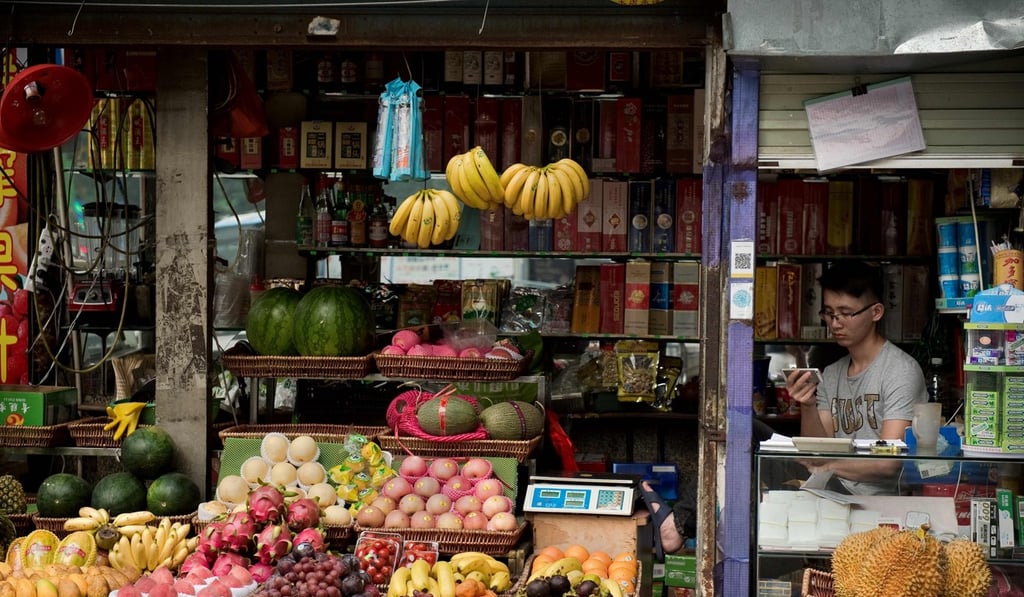Opinion | Why Hong Kong will be following the Shenzhen model by 2037
Peter Kammerer says popular stereotypes about life across the border are not valid and, despite issues like state censorship, the signs point to the more efficient mainland model leading life in Hong Kong in 20 years’ time

Predicting what Hong Kong would be like 20 years after returning to Chinese sovereignty was tricky in 1997. Mainland China’s economy was on the march and pundits held a diverse range of opinions. The widely held view was that our city was the model Beijing wanted to emulate, so what we had would largely remain and the mainland would become more like us. We now know better.
Gone will be the logjams created by self-centred lawmakers ... Vested interests will no longer be allowed to dictate for personal gain
Yes, I am apolitical – some would contend politically naive. I know that no government is perfect and, no matter how good its policies, there will always be objectors. But it is obvious that our government is not functioning as it should, while Beijing is making great improvements for its people. As their wealth and circumstances improve, ours seem to be either stagnating or looking bleak.
Hongkongers are too often immature on mainland matters. Many still have a giant chip on their shoulder, contending that their city and the way they think is superior – much of it ingrained prejudice based more on hearsay than experience. The result is that, while we dilly-dally with adopting digital payment systems, fight against Uber-type taxi services and pussyfoot with waste disposal, on the mainland, they get on with it.
Hongkongers are too often immature on mainland matters ... much of it ingrained prejudice
I’ve made a dozen mainland trips in recent years, as much out of curiosity as for relaxation. The stereotypes held by many Hongkongers are not valid. Mainlanders are not backward in their thinking, nor rude. Rather, it is often Hongkongers who stand out in the crowd, their arrogance on full display along with their loud voices.
Perceptions about the basics of mainland life largely do not hold true. Food is often fresher, because there, it is closer to the same source as that of most of what we buy in our shops. The hot spring resort pools are not awash with urine and thieves do not lurk on every corner. I apply the same rules there as when I’m in a place I’m unfamiliar with; be careful.

Obviously, all is not perfect. The government censorship of the internet and foreign media is stifling for someone merely seeking information, let alone wanting to do overseas business or be entertained. There is an understanding about being non-political and watching what is said or read. Toilets in public places can be a nightmare. The clouds of cigarette smoke can be noxious. There is not the same attention to maintenance as in Hong Kong.
